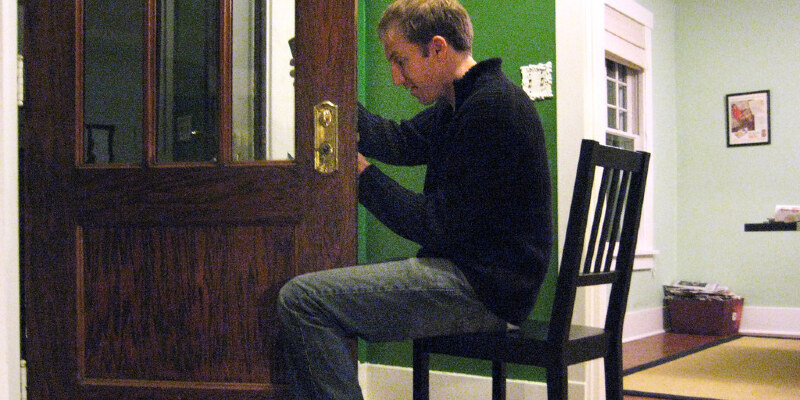
The Internal Revenue Service (IRS) defines a capital asset as something possessed for personal purposes, pleasure or investment. Capital gains are calculated when you sell a capital asset and must be reported on the IRS for tax purposes. For many capital resources, the tax rate on capital gains as of 2009 is from 15 to 28 percent. When you sell property, you can avoid capital gains tax by meeting specific qualifications.
Figuring the Basis
Capital gains amounts are described as the difference between the amount received on the sale of an asset and the amount paid for this, also known as the basis. In property, the basis is defined by the IRS because the amount paid for a house, such as any debt assumed, and compensation or closing prices. Another figure used is that the adjusted basis of a house, which may be raised for improvements or diminished for reductions due to casualty or depreciation.
Adjusted Basis
While owning your house, you may install a new roof, install a fence or put in central ac. These improvements materially add to the value of your house, and the actual costs are added to the basis. Repairs are not considered improvements, but are tasks that maintain your house in an ordinary, efficient operating condition; they are not included in the calculation of the adjusted basis. By determining an accurate adjusted basis when you sell a home, the amount of capital gains may be reduced because it may be a figure marginally closer to the selling price.
Sale of Home Exclusions
When selling your primary home for a gain, you may be able to exclude the profits from the sale from capital gains taxes. To claim the exclusion, you must have owned the house and lived in it for a minimum of two years out of the 5 years prior to the sale. The maximum amount, generally, that could be excluded from capital gains is $250,000 for single taxpayers and $500,000 for joint filers, as of 2010.
Additional Real Estate
Profits from the sale of other property owned, such as a vacation home or rental property, are subject to taxation with specific exceptions. Second houses which are not utilized for business purposes will probably be subjected to capital gains taxes when sold, based on IRS guidelines. Rental properties sold for a gain may be taxed unless the profits are immediately applied to a new property under the rules of a 1031 tax exchange.
Like-Kind Exchanges
When property investment properties have been sold and promptly exchanged with a replacement property, the IRS doesn’t recognize capital losses or gains. Therefore, taxes are not due, but are deferred until the final replacement property is sold outright. Certain limitations apply to 1031 tax arrangements, such as the deadline to identify a replacement property and also using an intermediary to deal with the capital involved.